What is an economic depression?
Economic depression occurs when a country’s Gross Domestic Product (GDP) rate plunges due to periods of negative economic activity. An economic depression lasts for many years, with significant declines in the GDP. There was a 10-year period of unemployment and wage declines of 42% during the Great Depression in the US.
Economic depression causes
Economic depressions are predominantly caused by a decrease in consumer confidence that causes a decrease in demand, ultimately resulting in business failure. Businesses must make cuts to their budgets, such as hiring fewer workers, when consumers stop buying products and acquiring services.
However, let us investigate the many factors that play a role in economic depression more thoroughly.
Related: Economic Stress
1. Stock market crash
Investing in public companies is the basis for the stock market. An economy’s performance can be indicated by changes in shareholdings. Crashing stock markets can be a sign that investors’ confidence in the economy has declined.
2. Decrease in manufacturing orders
Businesses flourish when their products and services are in demand. A decline in manufacturing orders that persists for a prolonged period can lead to a recession, and even worse, to an economic depression.
3. Control of prices and wages
When prices increased during Richard Nixon’s tenure, there was a period when price controls were imposed. Likewise, when wages are set by the government and companies aren’t allowed to lower them, companies might have to lay off employees in order to survive.
4. Deflation
A decrease in consumer prices is referred to as deflation. While it may seem like a good thing since people are now able to afford to purchase more goods, the underlying reason is that demand is declining, too, which contributes to a decline in prices.
Read: Melancholic depression
5. Oil price hikes
Most people are aware of how oil price hikes can have an impact on nearly everything in the market. Consumers lose purchasing power when they face such a situation, which can result in a decline in demand.
6. Loss of consumer confidence
Consumer will alter their spending habits when they are not confident in the economy, thus reducing the demand for goods and services.
Read about: Double Depression
Signs of an upcoming economic depression
People can prepare for an economic depression by taking note of the following things before one occurs. Here are some of them:
1. Worsening unemployment rate
Impending economic depressions are usually preceded by an increasing unemployment rate. The loss of purchasing power of consumers will eventually lower demand if there are high jobless rates.
2. Rising inflation
Due to wage growth and a strong workforce, inflation is a sign that demand is increasing. If there is too much inflation, people will be less likely to spend, which in turn may decrease the demand for products and services.
Related: Work Depression
3. Declining property sales
A strong economy typically results in a high level of consumer spending, including home sales. A recession signals falling confidence in the economy when the sale of homes drops.
4. Increasing credit card debt defaults
People usually spend when they use credit cards, which boosts GDP. However, rising default rates may signal economic recession when people are unable to pay their debts.
Related: How to Help Someone with Depression
How to avoid another economic depression
An economist suggests the following policy measures to prevent another ‘Great Depression’ from occurring as a result of the threat of another Great Depression.
1. Expansionary monetary policy
Interest rates are cut during the expansionary monetary policy to encourage investment and borrowing. A lower interest rate encourages consumers to spend more and gives them more value for their money.
2. Expansionary fiscal policy
Fiscal expansion means either reducing taxes or increasing government spending. Lower taxes result in consumers having more disposable income to spend.
3. Financial stability
In order to maintain financial stability, the government must guarantee bank deposits, which enhances their credibility.
Related: How to Overcome Depression
Comparing the depression with past recessions
What differentiates a recession from a depression? There is a longer duration and more severity in depression. A recession is defined as the contraction of the economy over a period of time. In a depression, the economy contracts severely for more than two years. The following statistics provide some comparisons between previous recessions and the Great Depression.
- During the Great Depression, the economy contracted for five years. In three of them, the contraction exceeded 5%.
- The economy contracted by 0.1% during the 2008 recession and 2.5% in 2009.
- There were some bad quarters during the 2001 recession, but there were no negative years.
- The 1980s recession had a 0.3% decline in 1980 and a 1.8% decline in 1982.
- Economic contractions in 1974 and 1975 accounted for 0.5% and 0.2% of the total.
Read: COVID-19 and Depression
During and after the war, the country experienced two recessions. It was only one year during the Great Depression (1946) when the economy contracted that bad. The economy had trouble adjusting to peacetime production. Out of the next five years, the economy contracted:
- 1945: -1.0%
- 1946: -11.6%
- 1947: -1.1%
- 1948: +4.1%
- 1949: -0.6%
Related: Situational Depression
Final thoughts
The world has managed to keep a widespread economic depression at bay for decades. If all sectors of the economy don’t collaborate to prevent this from occurring again, there is a possibility it will occur again.
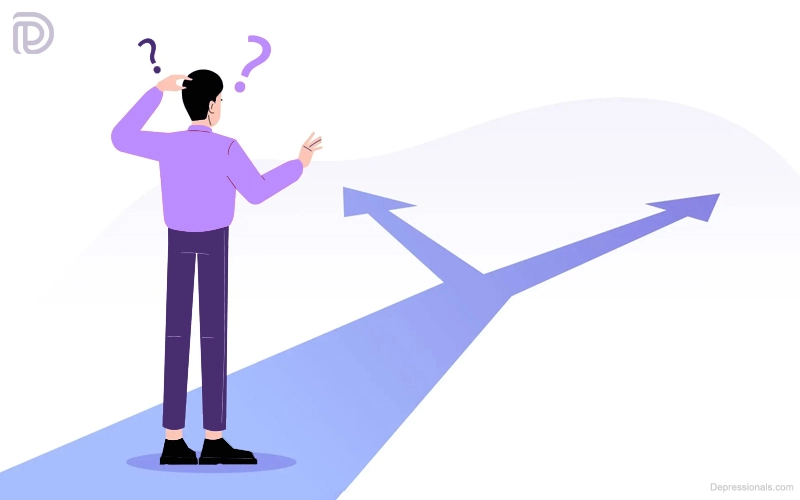
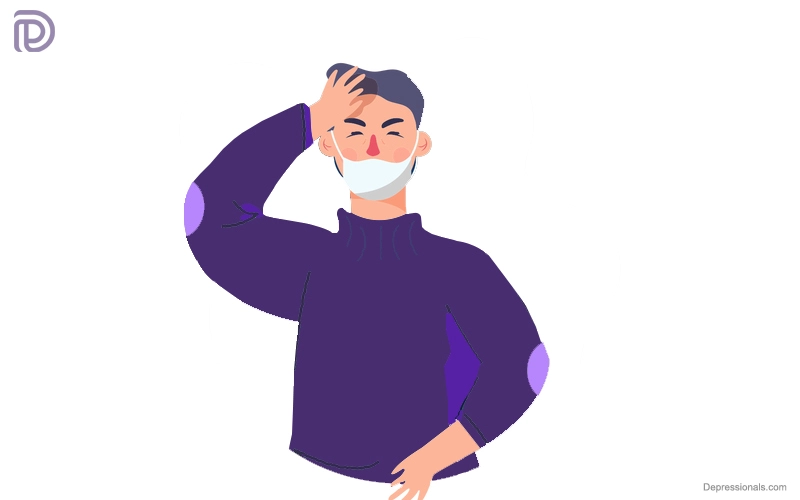
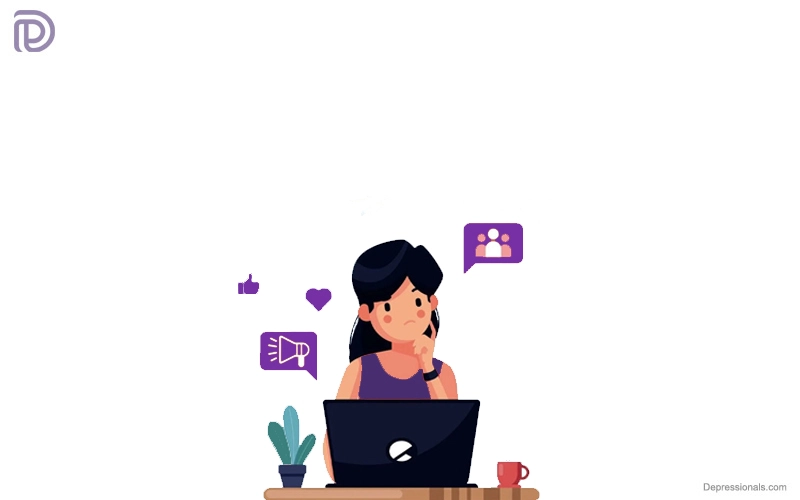
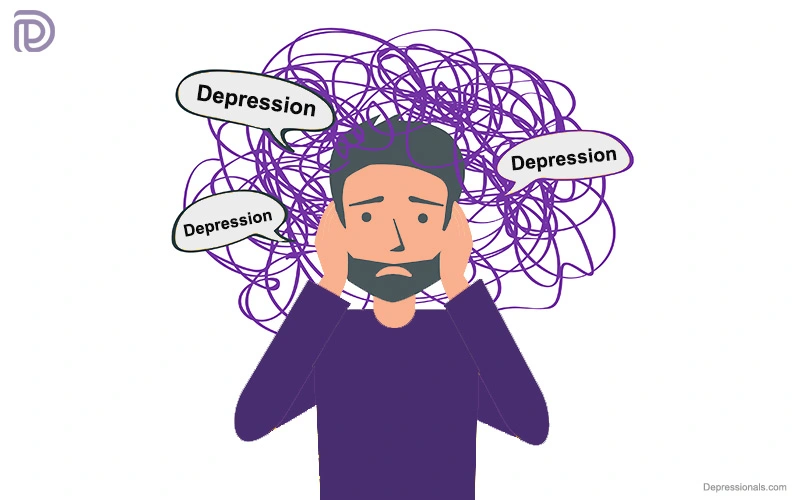
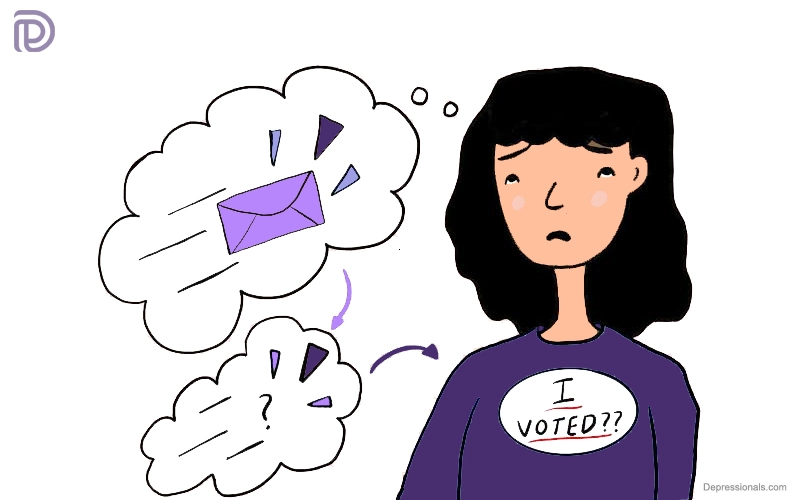

Real good info can be found on blog. “Life without a friend is death without a witness.” by Eugene Benge.
I like this blog very much, Its a very nice berth to read and get info. “‘Taint’t worthwhile to wear a day all out before it comes.” by Sarah Orne Jewett.